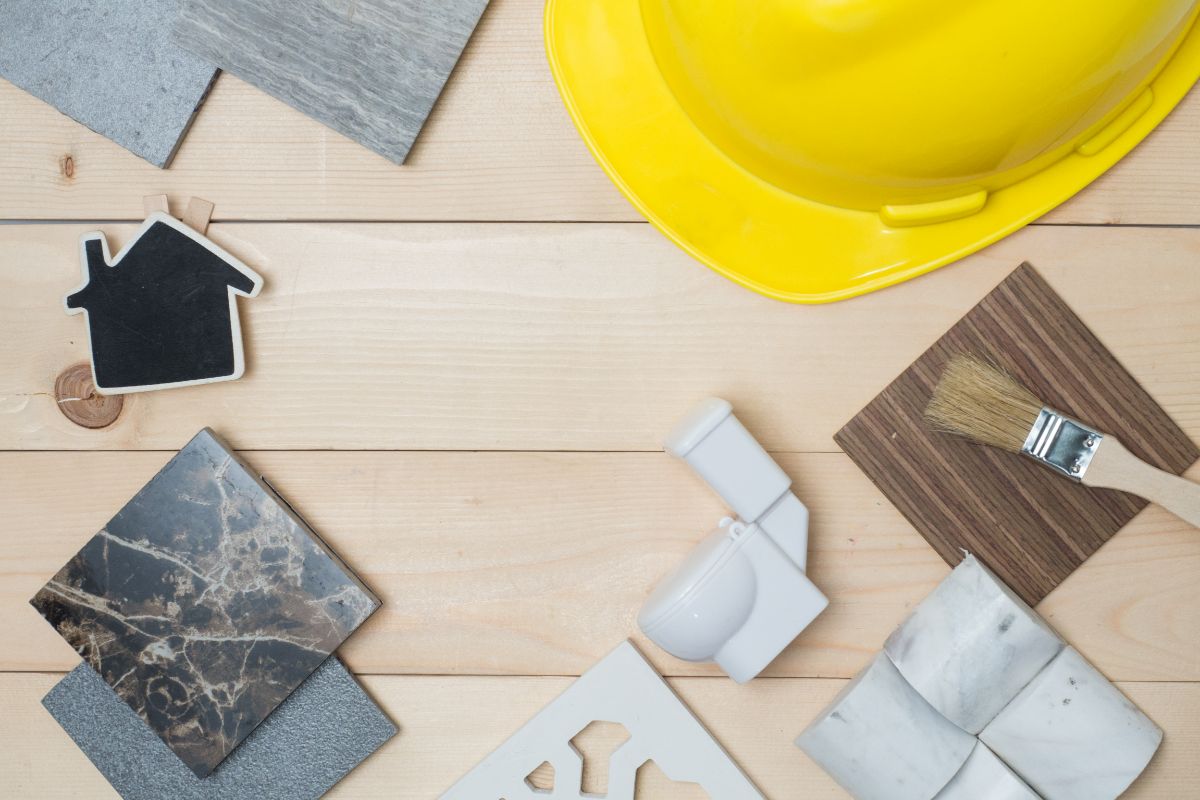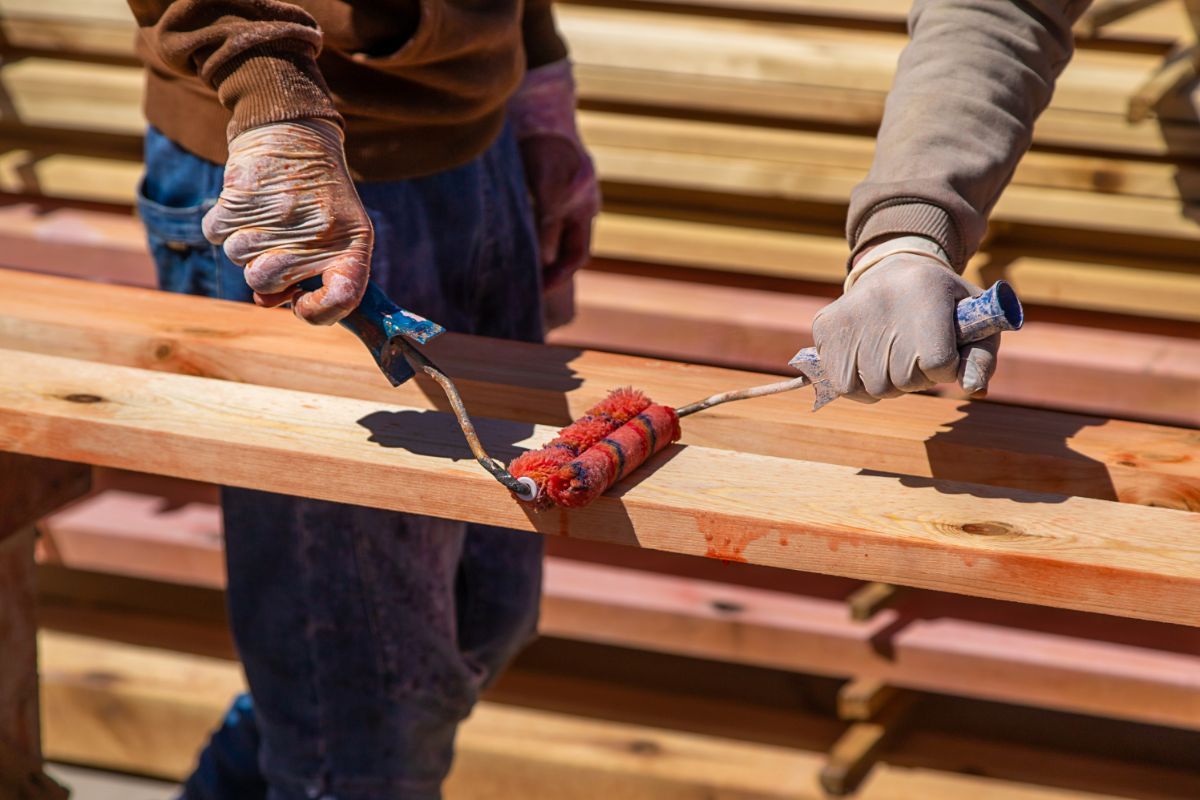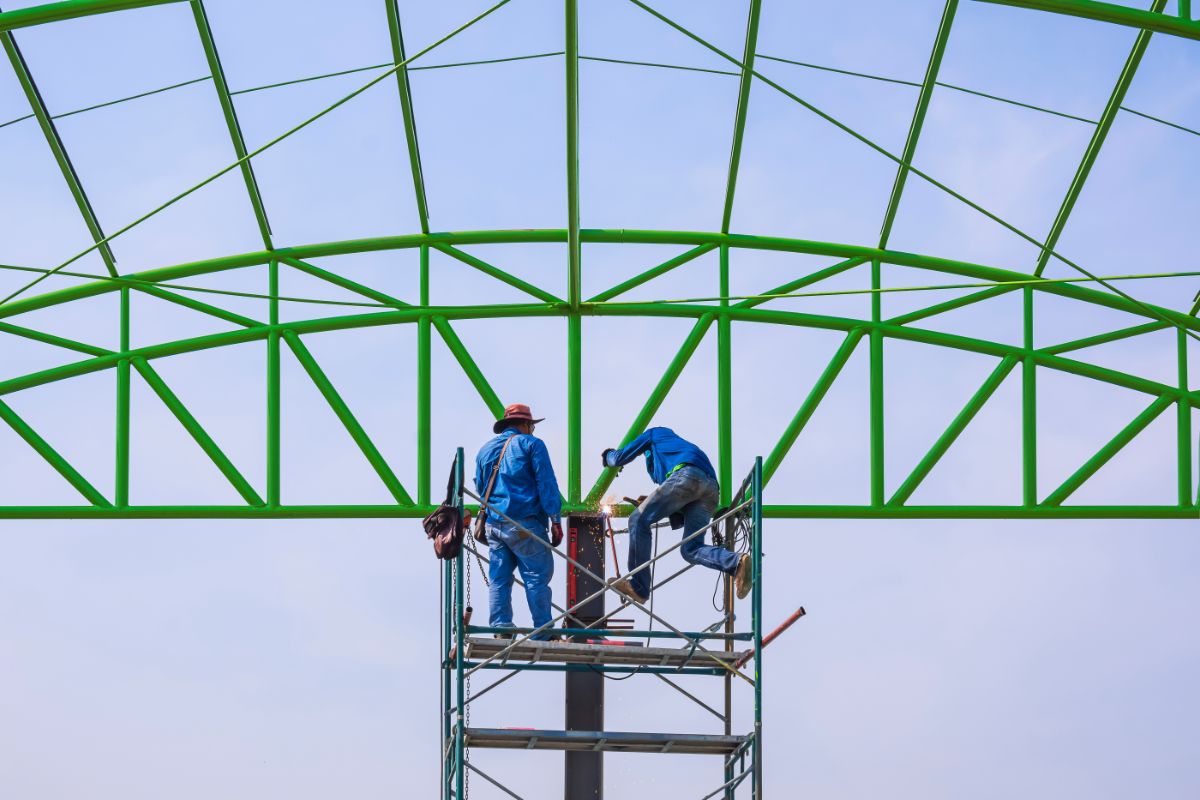

Overview
- Materials ensure the integrity of buildings, roads, bridges, and infrastructure. The right materials guarantee longevity, withstand environmental elements, provide structural support, and contribute to the safety and efficiency of construction.
- Choosing appropriate materials is crucial, impacting the project’s quality, cost-effectiveness, and environmental impact.
Behind every successful construction project lies a fundamental cornerstone: the choice of construction materials. In the Philippines, these foundational elements form the backbone of every structure, guaranteeing durability, functionality, and visual appeal. This article sheds light on the key construction materials in the Philippines that shape the structural integrity and architectural essence of projects.
Concrete, an essential foundation in construction, is a robust combination of cement, aggregates, water, and other elements. It is a crucial component in the creation of durable structures, such as floors, foundations, pavements, and walls. Its innate strength and reinforcement make it a preferred choice for structural elements, ensuring stability and longevity.
Concrete’s versatility and cost-effectiveness shine through in many projects. Its fire-resistant nature adds another layer of appeal, making it a reliable and accessible option for diverse construction projects. As it continues to be mass-produced, concrete remains a foundational pillar in the construction industry, contributing to the development of resilient and enduring infrastructure.
Steel constitutes a fundamental element in contemporary construction, taking on various roles such as beams, reinforced bars, railings, pipes, and ornamental details. Its outstanding durability and high tensile strength ensure resilience against impact forces without succumbing to cracks or deformations even under bending stress.
Moreover, steel exhibits a sustainability factor—it can be infinitely recycled without compromising its essential properties. This quality positions steel as an economically viable and readily accessible material for construction projects.

Wood, a venerable construction material, has long been esteemed for its intrinsic beauty and adaptability. In the Philippines, an array of hardwoods, such as Narra, Yakal, and Molave, alongside softwoods like pine and cedar, plays a significant role in construction.
Wood finds diverse applications, from crafting furniture to serving as structural framing, doors, and flooring. Its enduring allure, coupled with attributes of durability and sustainability, positions wood as a premier choice, particularly in designs that embrace traditional and tropical architectural aesthetics.
Stone materials, extracted primarily through open-pit or underground mining, undergo additional processing to become essential components in construction. It serves as aggregates for cement or can be utilized in diverse industries like water treatment.
In the construction, stone finds expression in bridges, dams, arches, viaducts, columns, and ornamental European architectural features. While different stone types may present varying qualities, their collective attributes include durability, versatility, and thermal insulation properties.
Bricks have established themselves as an enduring and widely utilized building material in the Philippines, renowned for their robustness, adaptability, and thermal retention properties. They are frequently applied for the construction of walls, dividers, and facades, providing insulation and thermal mass to effectively manage indoor temperatures.
In addition to their commendable thermal attributes, bricks exhibit remarkable features such as high fire resistance, efficient acoustic insulation, and minimal maintenance requirements. These qualities position them as a sustainable and dependable choice in the demanding landscape of construction.

Plastic polymers, renowned for their ubiquity in everyday consumer goods, have seamlessly integrated into the construction industry. Their adaptability is evident in a range of applications, including electrical conduit housings, pipes, seals, fittings, and window/door extruded profiles.
Distinguished by their lightweight properties, plastic construction products exhibit non-corrosive characteristics, ensuring resilience against chemical reactions in abrasive or corrosive environments. Although not universally fire or heat-resistant, specific plastics are meticulously engineered to endure extreme environmental conditions.
Big Ben’s concrete solutions in the Philippines are meticulously crafted to address diverse construction needs. Our conventional concrete, a trusted choice for roads, bridges, and structures, boasts versatility with compressive strengths ranging from 1500 PSI to 6000 PSI.
When excellence is non-negotiable, our high-strength ready-mix concrete surpasses 6000 PSI, ensuring durability in demanding applications. On the other hand, you can experience the efficiency of our self-compacting concrete—a fluid solution seamlessly adapting to formwork and eliminating the need for mechanical consolidation.
Our early high-strength concrete offers swift curing and hardening without compromising structural integrity, suitable for projects requiring accelerated timelines. With Big Ben, reliability, innovation, and excellence converge to elevate your construction projects.
These are the six commonly utilized construction materials in the Philippines. The availability and suitability of these materials contribute to the construction sector’s growth and development in the country.
Discover the significant influence of Big Ben’s premium ready-mix concrete on construction in the Philippines. Our meticulously crafted, high-quality concrete guarantees outstanding strength and unwavering reliability. For inquiries or potential partnerships, don’t hesitate to reach out to us here.